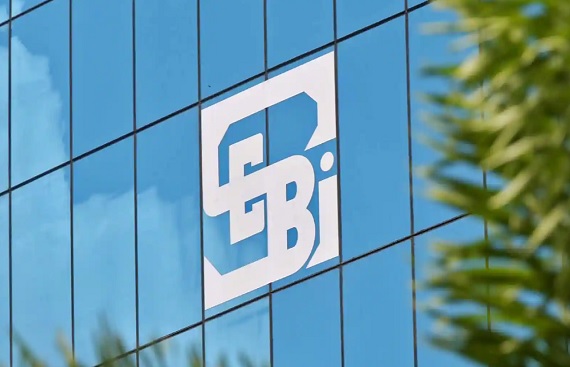Now, private equity companies may get to sponsor mutual funds

India’s markets regulator is expected to permit private equity funds to own local asset management companies (AMCs) amid the growing popularity of mutual funds and soaring stock markets, two people aware of the plan said.
“Private equity (PE) funds will be allowed to be sponsors of mutual funds, subject to certain conditions. Many existing sponsors and trustees are facing a cash crisis due to the inability of their core businesses to generate enough capital in the wake of the pandemic,” stated one of the two people cited above.
“PEs have the cash the MF industry needs for growth, but the money managed by PE funds has a limited life cycle as they are obliged to pay returns to their investors, which poses a risk to mutual funds in which the general public invests.”
An entity with a stake of 40% or more in an asset manager is its sponsor. Presently, only banks, non-bank lenders, or those with more than five years of experience in managing a public pool of funds are allowed to be mutual fund sponsors.
The novel rules will potentially clear the way for global PE giants to acquire local AMCs. As per a report Blackstone was in talks to buy L&T Investment Management Ltd, the mutual funds business of L&T.
The Securities and Exchange Board of India’s (Sebi’s) anticipated regulations will give conditional approvals to PE funds seeking to buy a majority stake in AMCs.
“The new norms will require PEs to fulfil a certain net-worth criterion, size, experience and adhere to certain lock-in norms to be eligible to be sponsors or buy control of any AMC,” stated the first person.
In addition, any PE wanting to be a mutual fund sponsor may be needed by Sebi to commit capital worth over  100 crore, as long as they intend to be the sponsor or the owner in control of the mutual fund business, the two people said, requesting anonymity.
100 crore, as long as they intend to be the sponsor or the owner in control of the mutual fund business, the two people said, requesting anonymity.
“Also, the PE fund will be required to create a completely separate and independent AMC subsidiary and a trustee to be the sponsor or owner in control of a mutual fund house,” the first person stated.
Additionally, the PE company may have to adhere to different regulations for launching open-ended and close-ended equity-oriented schemes.
“Sebi will hold a meeting this week and put out the draft norms for enabling PEs to be sponsors or owners in control of mutual funds,” stated the first person.
Global fund managers, consisting of PEs, are eyeing a slice of the mutual fund business in India, with the equity investment culture emerging fast in the country.
“The problem is that many AMCs are promoted by NBFCs and manufacturing companies, which are the worst-affected by the pandemic. It’s time that Sebi allows PEs to be sponsors of AMCs if the regulator wants to help the MF industry grow,” stated the second person.
Services Ltd collapse in 2018, and a cash crunch in manufacturing segment firms with AMC businesses, several entities have been looking to sell off their mutual fund business. Against the backdrop of a extended liquidity crisis in the NBFC space since the Infrastructure Leasing and Financial.
The mutual fund industry is estimated to grow from Rs 34 trillion to Rs 92 trillion by FY29-30 in terms of assets, as per a report by brokerage Elara Capital.
As per the report, mutual funds are attracting a higher share of money flowing into financial assets.
Gross household investments in MFs have grown at a compound annual growth rate (CAGR) of 27.3% over FY13-20. In comparison, gross household investments in financial assets grew at a CAGR of 11.5% over FY12-20.
MF assets in India as a percentage of GDP are only 12% versus the world average of 63%, which implies a huge headroom for growth, says the report.
Some fund houses and consultants have projected that the industry will hit the Rs 100-trillion assets under management mark much earlier.
